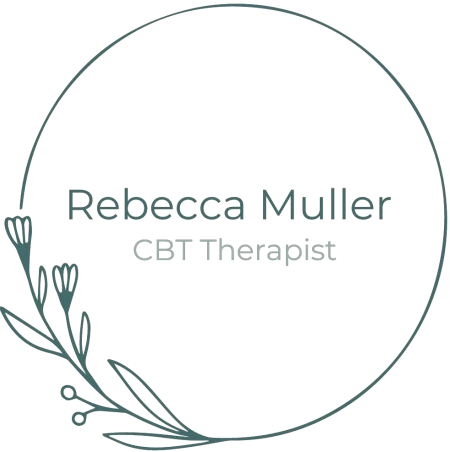In my previous blog, I explored what trauma formulation is and how we create a shared understanding of your experience through the assessment process. In this blog, I want to explain what happens next: how that formulation shapes your actual treatment plan and guides our work together. As a trauma therapist based in North Berwick, I often find this is where things really start to make sense for clients.
How Formulation Guides Treatment Choices
Your formulation isn't just an interesting conversation about your experiences. It's a practical tool that helps us decide which therapeutic approach will work best for you. For example, if your formulation shows that specific traumatic memories are driving your current symptoms, EMDR might be the most effective choice. If we identify patterns of unhelpful thinking alongside the trauma, we might incorporate elements of trauma-focused CBT.
The formulation also helps us understand what needs to happen first. Some people are ready to process traumatic memories straightaway, whilst others might benefit from building coping skills and resources before diving into memory work. There's no one-size-fits-all approach.
The Three-Pronged Approach
Your formulation helps us identify three key areas to work on. First, we look at past memories that need processing. These are the experiences that continue to affect you today. Second, we identify current triggers and challenges in your daily life. Finally, we consider future situations you want to feel more confident about.
Understanding how these three areas connect in your unique situation helps us create a focused and effective treatment plan.
A Living Document
Here's something important: your formulation isn't set in stone. As therapy progresses, we learn more about your experience. New information emerges, and we adjust our understanding and approach accordingly. This flexibility means your treatment stays relevant and responsive to your needs.
We also use formulation to make sense of setbacks or unexpected challenges. Rather than seeing these as failures, we can understand them within the context of your trauma and adjust our approach.
Moving Forward Together
Your formulation gives us a clear direction whilst remaining flexible enough to adapt. It explains why we're choosing particular interventions and what we're hoping to achieve. Most importantly, it puts you at the centre of your own treatment, ensuring the therapy we do together makes sense for your unique situation.
If you'd like to explore how formulation could guide your trauma treatment, please reach out. Together, we can create your personalised roadmap to recovery.
